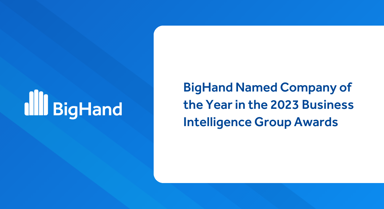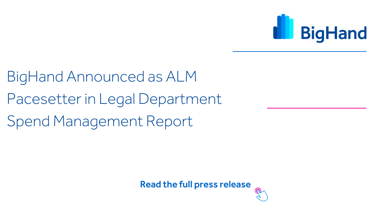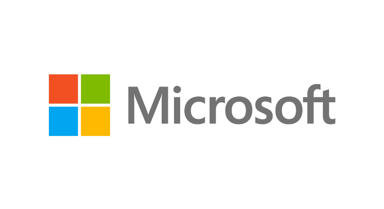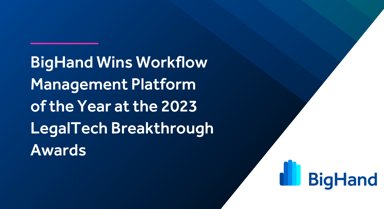As social distancing swept the nation forcing businesses to a new work-from-home model, Husch Blackwell, Winston & Strawn, McInnes Cooper and many others, used this as a catalyst for change to restructure and revamp their legal support services.
The session pulled data from the BigHand and ALA Legal Retirement and Staffing Survey which found that firms are expected to lose 58% of their legal support services in the next five years. As we fast-forward to today, we have three generations of attorneys all expecting different kinds of legal support, from the traditional white glove service to more autonomous and tech-savvy millennial attorneys. Simultaneously retirement rates are increasing, and firms that are still working in the more traditional attorney and secretary way are struggling to match talent with demand.
To support attorneys and increase client value, the panelist shared how they have moved away from the traditional support model to centralized support models or practice specific models.
Staff are organized in specialist teams and tasks are now being delegated based on skill set, to optimize service quality, turnaround times and costs. Attorneys can delegate task easily from anywhere, through dictation, email or even on the go with the mobile app using advanced legal workflow, which is increasingly being seen as an essential back-office technology. With this, managers have a solution that captures all tasks in one place and gives a centralized view of the work being passed between attorneys and their support teams, with real-time, quantifiable data. Here are a few top takeaways from the session:
- To retain top talent, firms must consider long-term blended working arrangements to give staff a new level of flexibility
The hybrid working model is here to stay and as Lisa Neitzel at Winston & Strawn comments, “The industry is ready for change!” For firms to stay competitive, they need to meet the new staffing model to not lose their top resources in this war for talent.
Duska Frink, formerly McInnes Cooper, comments “Flexible work arrangements are very appealing to support staff and if a firm can’t offer that benefit, they may be tempted to jump ship to another firm that can.”
- Organizations are taking advantage of technology (at a time when staff are much more open to change) to delegate work and uncover key data metrics to analyze future decisions
When transitioning to a new support model, Nichole Cornwell from Husch Blackwell comments, “This time around, we had the benefit of all the data that we started to accumulate through the BigHand workflow tool. We were able to analyze what the legal support teams were doing, what the attorney requests were, and the data has really helped us put together the model we want to implement moving forward.”
- Attorney support is shifting from the traditional support model to centralized, specialist teams or practice specific based on skills rather than location
Neitzel comments, “The new approach and supporting tech gives our Practice Coordinators a more intellectually rich and interesting position where they really focus on flexing and using their highly specialized skills to support practices.”
Now more than ever, the statement lies true, “you can’t manage what you can’t see.” Law firms across the globe are using BigHand’s Workflow Management tool to help support the transition to more organized and modernized legal support services, taking full advantage of new-found visibility and access to key metrics like work type, volume, capacity, and utilization for the benefit of attorneys and ultimately, clients.
For the full webinar recording, click here.






